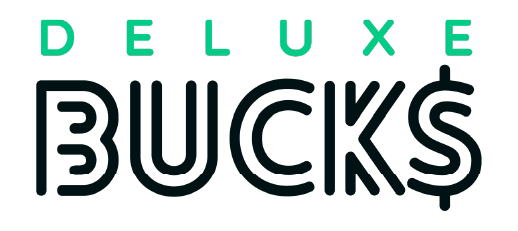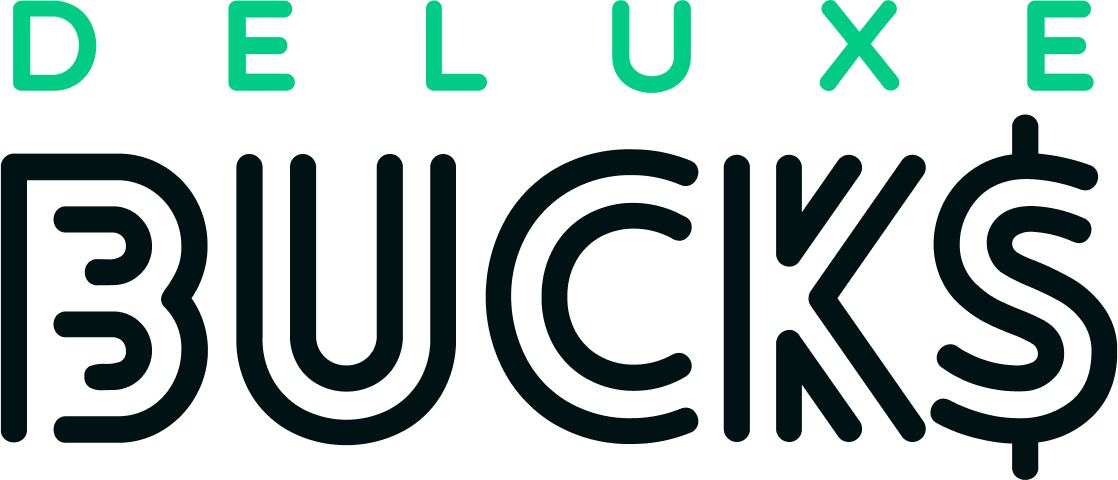Imagine having a stable home, a key to both financial stability and peace of mind. For many American families, achieving this is crucial. With high interest rates and low housing availability, affordable housing stands as a beacon of hope. The surge in land prices by 60% since 2012 and the doubling of home costs from 1998 to 20211 make options seem slim. But there is hope. The Department of Housing and Urban Development (HUD) has stepped up with the Self-Help Homeownership Opportunity Program (SHOP), benefitting over 40 states1. Thanks to HUD and SHOP, the dream of an affordable home is not out of reach.
Yet, the journey isn’t easy. Construction costs have risen by 36.5% between January 2021 and January 20242. And the Housing Trust Fund faces challenges in keeping up with project costs1. Despite these challenges, there are numerous programs committed to helping families find their way to a stable home.
Key Takeaways
- Affordable housing solutions bolster your financial stability and overall well-being.
- HUD’s SHOP program is instrumental in providing homes for low-income families in various states1.
- Rising land and construction costs present significant hurdles to expanding affordable housing12.
- Compliance issues have been noted with HUD’s Housing Trust Fund grantees, emphasizing the need for more robust oversight1.
- While challenges persist, many programs are actively working to ensure more families have access to affordable homes.
Understanding the Affordable Housing Crisis
The journey into the affordable housing crisis shows a complex mix of economic factors. High interest rates and low housing inventory majorly impact housing affordability in the US. These forces play a big role in both the availability and affordability of homes.
The Challenge of High Interest Rates and Low Inventory
In the housing market, high interest rates present a big challenge. They make mortgage loans more expensive, making it hard for people to buy homes. At the same time, there are not enough homes on the market, making the situation worse.
This lack of housing increases prices and pushes Americans to delay buying. Or, they have to think about living in less preferred areas.
The Impact of Rising Land and Construction Costs
Land and building costs are going up, making the housing crisis worse. From 2012 to 2019, land prices jumped by 60%3. Building costs have also increased. This makes it hard for builders to offer affordable homes without losing money or quality.
The cost rises faster than people’s incomes. This leaves many unable to find homes they can afford without spending too much.
HUD’s Role and the SHOP Program Insights
The Department of Housing and Urban Development (HUD) tries to fix these issues. They run programs like the Self-Help Homeownership Opportunity Program (SHOP). But, rising development costs and fixed spending limits make these efforts less effective.
It’s important for HUD to adjust spending limits to match the economy. This would help more families get affordable housing. Understanding these issues helps to see what needs to change. Government, developers, and community groups need to work together. They must make sure there are enough affordable homes for everyone.
Affordable Housing Programs and Initiatives
Rent burdens are growing, and owning a home is more difficult for many Americans. Housing help programs are crucial now more than ever. In the last few years, rents have jumped by 24%, hitting low earners hard. These programs, like the HUD’s Housing Trust Fund, are key. They work to increase rental options for those with very low incomes4. Nearly 2,200 rental units have been created using these funds. This effort is for both immediate relief and long-term housing stability.
Subsidized housing plays a big part in making living costs manageable. Two big supporters, the California State Rental Assistance Program and Community Development Block Grants, back economic and housing progress4. They offer grants to help prevent homelessness and support needy groups, like farm workers and veterans4. The LIHTC program has added almost 3 million affordable homes since 19865.
New solutions like crowdfunding for home down payments are appearing. Whether renting or buying, knowing about these programs can lead to affordable housing options. Check out this guide on affordable housing for more details. There are also special funds for Federally Recognized Tribes and others in California needing a home4.
FAQ
What are the main causes of the affordable housing crisis?
How are rising land and construction costs affecting affordable housing?
What is HUD’s role in addressing the housing affordability crisis?
How do affordable housing programs support low-income families?
Are there initiatives aimed at assisting renters as well as buyers?
What efforts are being made to ensure proper use of funds in affordable housing programs?
Source Links
- The Affordable Housing Crisis Grows While Efforts to Increase Supply Fall Short – https://www.gao.gov/blog/affordable-housing-crisis-grows-while-efforts-increase-supply-fall-short
- 7 Ways To Rebuild Our Housing System – https://chanzuckerberg.com/blog/affordable-housing-solutions/
- California’s Housing Affordability Crisis – https://calbudgetcenter.org/resources/californias-housing-affordability-crisis/
- Programs: Active | California Department of Housing and Community Development – https://www.hcd.ca.gov/grants-and-funding/programs-active
- Federal programs for affordable housing – Local Housing Solutions – https://localhousingsolutions.org/fund/federal-programs-for-affordable-housing/


